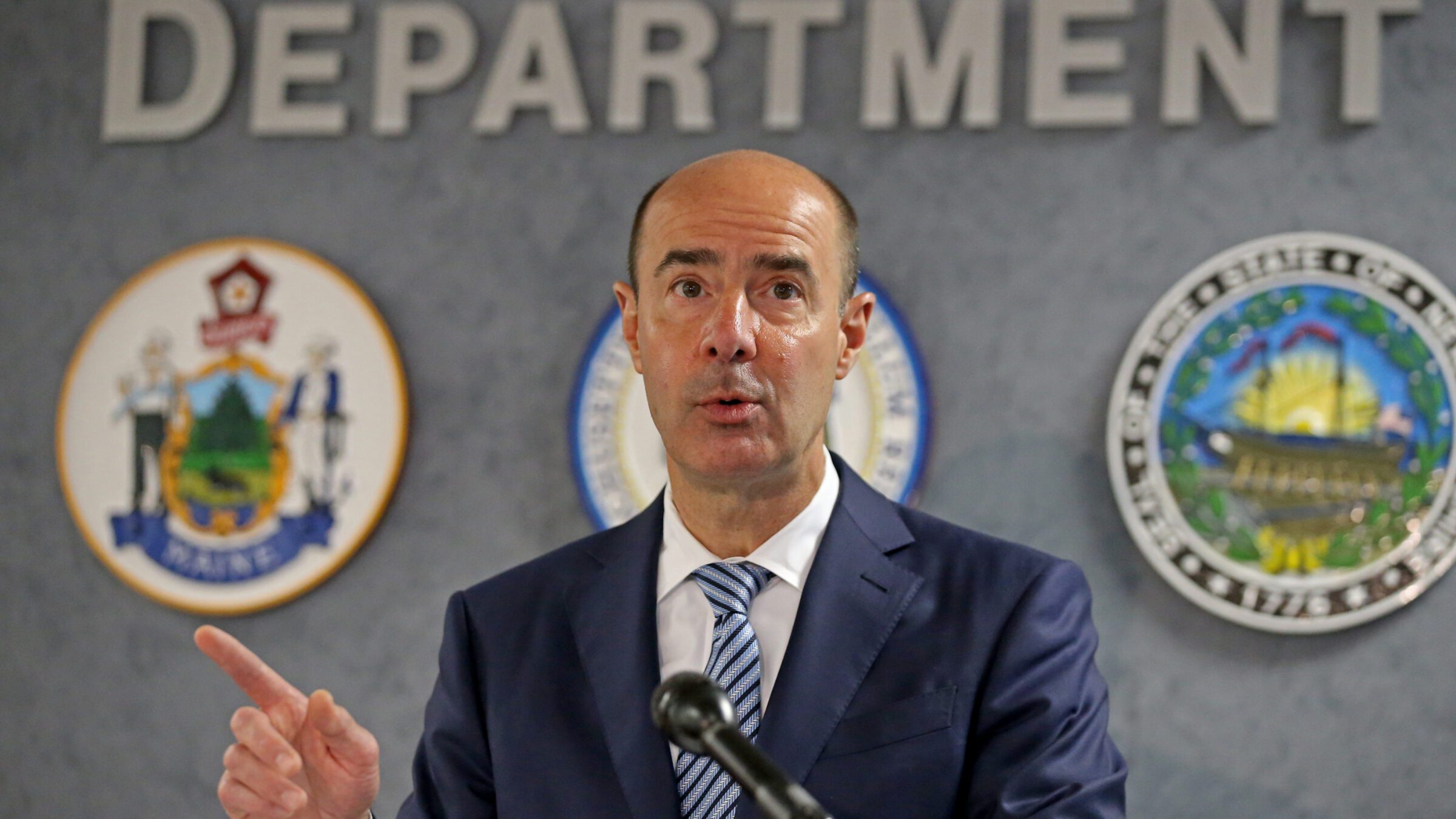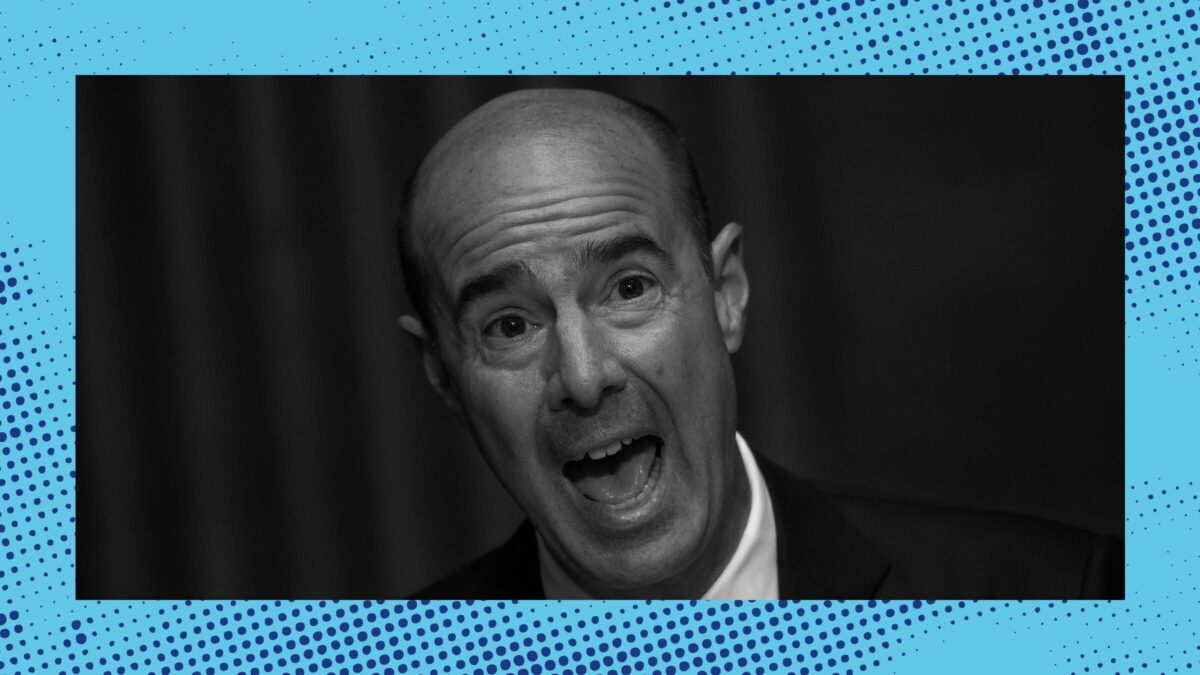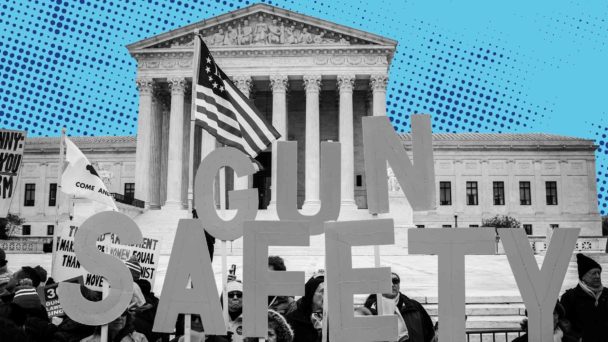On April 23, the Federal Trade Commission issued a final rule banning non-compete clauses in virtually all employment contracts. Non-competes are among the most exploitative tools of late-stage capitalism: They are contracts that require everybody from high-level executives to minimum wage workers to promise, in exchange for a job, not to take an even somewhat similar job for months or years after they leave their current place of employment. Non-competes can trap workers in unsafe conditions, prevent them from seeking higher wages, and force them to completely unroot their lives in order to continue to earn a living—all harms that disproportionately fall on women and people of color.
The FTC’s rule, once it takes effect, is expected to raise workers’ wages, decrease health care costs, and increase the number of new businesses being started. Right now, 30 million people are affected by a non-compete clause. The new rule is a chance to make life meaningfully better for those people and families across the country.
So, of course, pro-corporate forces are rushing in, trying to prevent it from taking effect. And, of course, they’re using the federal courts to do it.
That pro-corporate entities would sue the FTC to attempt to block the rule comes as no surprise. In fact, they said themselves that they were planning to do so. As early as January, months before the final rule was announced, the U.S. Chamber of Commerce was loudly and proudly announcing that, regardless of the contours of the final rule, they’d be suing.
Sure enough, within hours of the FTC’s vote on the final rule, a national tax services provider, Ryan LLC (represented by former Trump Secretary of Labor Eugene Scalia), sued in the Northern District of Texas, arguing that the FTC lacks the authority to issue rules regarding economic competition. The Chamber initially filed its own lawsuit in the Eastern District of Texas, but given the similarities between the two and the fact that Ryan filed first, the Chamber was given permission to join Ryan’s suit instead.
Ryan LLC is hardly a household name, but its interest in blocking the non-compete ban is easy to discern. As David Dayen at The American Prospect has reported, Ryan is owned by Donald Trump’s tax adviser, who also happens to be a Republican megadonor. The firm’s speciality is helping corporations avoid paying taxes; by its own admission, approximately 200 of the company’s principals are currently bound by non-competes.
Ryan LLC’s lawsuit, which the Business Roundtable, the Texas Association of Business, and the Longview Chamber of Commerce have also joined, argues that, for a whole host of reasons, the FTC lacks the authority to enact a rule banning non-competes. Yet since at least 1973, the judiciary has acknowledged that Congress specifically delegated the power to make rules related to unfair methods of economic competition to the FTC. This lawsuit and its corporate champions appear to be placing a bet that, in the 50 years since, the judiciary has changed enough that this previous ruling—which, in theory, should still govern—will no longer be grounds for the courts to uphold the FTC’s rule.

Ryan LLC lawyer Eugene Scalia, better known for other reasons (Staff Photo By Stuart Cahill/MediaNews Group/Boston Herald via Getty Images)
In order to understand what it is that Ryan LLC, the Chamber of Commerce, and others are trying to do here, it’s important to understand a bit more about the process that the FTC utilized to get to this final rule. The body is over 100 years old, created by Congress in the Federal Trade Commission Act in 1914. By statute, the five FTC commissioners are appointed by the president and confirmed by the Senate; no more than three can be from the same political party. Right now, it has 3 Democrats and 2 Republicans. As with any federal agency, the FTC is required to follow a set rulemaking process, part of which includes seeking input from the public on any proposed rule. In the case of the non-compete rule, the FTC received 26,000 comments from the public weighing in on the rule. Of those, more than 25,000 supported a ban.
In a country that relies heavily on the administrative state to get anything done, this is the closest thing we have to effective, democratic governing at the federal level. The electorate chose a president; he appointed, and the Senate confirmed, pro-worker commissioners to the FTC; these new commissioners used congressionally delegated power to enact an overwhelmingly popular policy designed to make the lives of working people better. The pro-corporate community had myriad opportunities to persuade either the public or the FTC or both that this wasn’t a good policy, but they were unable to. They lost, and working people won.
But when you live in a juristocracy, enacting policy via the constitutionally-prescribed methods isn’t enough; as Alexis de Tocqueville noted, “scarcely any political question arises in the United States that is not resolved, sooner or later, into a judicial question.” And in the age of the Roberts Court, it turns out that this is a very good thing for corporate America: in the 2020–21 Supreme Court term, the Chamber of Commerce won 83% of its cases at the high court.
The good news is that Ryan LLC’s lawsuit isn’t in front of the Supreme Court. The bad news is that it’s somewhere even worse: Texas. Of the 11 active judges in the Northern District of Texas, six were appointed by Donald Trump, four by George W. Bush, and just one by Bill Clinton. The case is in the courtroom of Judge Ada Brown, a Trump appointee; after she hands down her decision, the ruling will head to the ultraconservative Fifth Circuit Court of Appeals. This pattern is well established: Recent research from Accountable.US found that since 2017, almost two-thirds of Chamber of Commerce lawsuits in opposition to federal regulations were filed in district courts within the Fifth Circuit. And the Supreme Court is extremely unlikely to overturn pro-corporate lower court rulings. According to data from the Constitutional Accountability Center, in the 2020–21 term, the Court only overturned one lower court win for corporations, as compared to ten for plaintiffs or the government.
The upshot of this is that even when our democratically accountable branches endeavor to serve the people, our system of judicial supremacy finds ways to make it difficult. Even when the voters elect a president who will nominate champions of workers to key positions; even when advocates and organizers spend years getting those appointees to do the right thing within the limits of their authority; and even when those agencies take meaningful steps to make life better for working people, the only thing that ultimately matters is how quickly corporate America can file a lawsuit before some of the nation’s most pro-corporate judges. If things at the Fifth Circuit go the way the challengers expect, 30 million Americans are going to be stuck paying the price.






